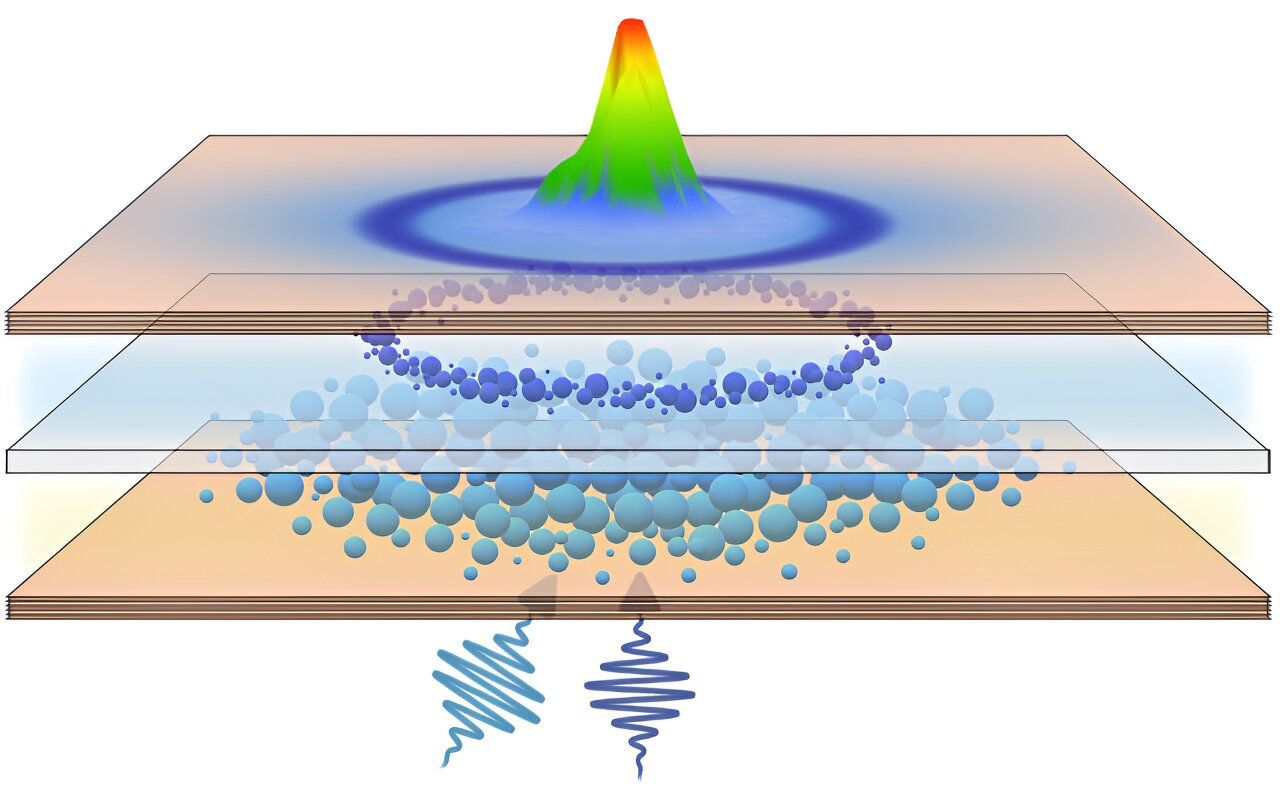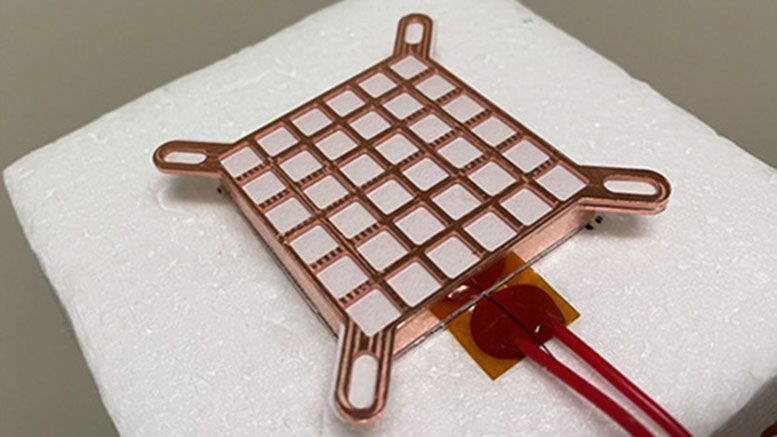- 50 Posts
- 148 Comments
The OS is still good and GrapheneOS remains the best option for relative privacy on a phone. The personality of the lead developer is unfortunate. I worry that it could have an impact on their reported upcoming partnership with an OEM, if this guy is impossible to work with. But I’m still using it on my phone because it does stand out as the best option for a fully functional phone OS that provides good security and privacy.
- @[email protected] to
 English
English - •
- programming.dev
- •
- 1M
- •

I had to set up Windows 11 on a new work computer yesterday and this was exactly the purpose of Edge. It’s incredible how hard you have to fight during the setup process not to be railroaded into accepting settings that work against you and for Microsoft. By the time I was done I felt sick and angry and there was no way I’d use Microsoft’s browser after all that. And then it turned out I wasn’t done, because it had defaulted to putting all my documents and pictures in Microsoft’s cloud even though I hadn’t asked it to, so as soon as I migrated my documents I got a warning that my cloud storage was full and I should pay them more money. So I had to undo all that, but Microsoft already got to see all my documents. Infuriating from start to finish. I am very glad to use Linux on my own machines. Windows feels like a hostile environment with traps around every corner.
Sorry for the rant. I have to go back to that machine today and I guess I’m still angry.

Yes, as I understand it, by “stock” Android OP meant any of these OEM-supplied Android installations as opposed to a custom version you’d install yourself. Although the “stock” Androids are different from one another, they all share the same relatively poor baseline privacy because they all send data to Google, on top of which they may also send data to the phone manufacturer and the cell network provider and possibly other organizations. This contrasts with custom versions of Android like GrapheneOS which are designed to be better for privacy and enable the user to send less data to Google.

Can Google still see contacts if not using their contacts app?
Probably. Android has a contacts database with which your contacts app interacts. And Google Play Services, which you can’t disable in stock Android, has access to everything, including this database.
Plus they can use location to see who you meet up with, and get their info and their contacts’ info from their phones. One way or another, Google can build up a pretty thorough profile of your social circle.

Your location, contacts, nearby devices, nearby WiFi, search history, voice query recordings, which apps you install and use and when, a log of activity on your phone, your advertising profile, which accounts you set up on the phone, possibly facial recognition for photos you take, who you call and message (if using default apps) including which phone numbers you connect to, events in your calendar, browsing history (if using default browser) and YouTube activity (if using the YouTube app).
Those are the main ones that are usually mentioned in articles about this. Some of it won’t apply if you use only open source apps and no Google apps. But some of it is baked into the OS and the Play Services, and difficult or impossible to avoid.
- @[email protected] to
 English
English - •
- f-droid.org
- •
- 2M
- •

The article suggests that if VPNs are banned, businesses will have to find other ways to secure their connections and that would be expensive. But it’s not even clear that anything could do that job without, by that very fact, counting as a VPN according to this bill and/or others like it. Effectively, they’re proposing an end to all securely tunnelled connections across the internet, and that would just make the internet useless for a lot of things businesses (and the rest of us) need to do.

These AI systems are brought to you by execs who don’t know the joy of creating anything but lines that go up.
CEO of AI music generation firm Suno claims majority of people don’t “enjoy” making music
- @[email protected] to
 English
English - •
- grapheneos.social
- •
- 3M
- •

Bill Gates’s wealth is listed as about $118 billion. Steve Wozniak says his is “maybe $10 million plus a couple of homes,” so perhaps $20m if they’re very fancy homes. This makes Bill Gates about $117,980,000,000 richer than Steve Wozniak - a completely different category of wealth. I’m sure there are plenty of asshole millionaires but asshole billionaires are immeasurably more dangerous. Woz couldn’t play the Bill Gates kinds games with his money even if he wanted to.
Anyway, I consider myself pretty left, and pretty pro-workers owning the means of production, but I think we should be going after the billionaires first, and not wasting our time on millionaires unless they’re doing something unusually bad.

From the article:
To put that in context, the new MicroSD Express cards that work with the Nintendo Switch 2 top out at a theoretical 985MB/s, less than a third the speed. And while a full-size SD Express card could theoretically beat Mini SSD at 3,940MB/s, it would be nearly twice the size of Biwin’s creation.
So: because it’s smaller.

It’s true, but the effect is still much less pronounced on Linux than Windows. Opening a web browser, for instance, is usually a lot faster in Linux than opening the same browser in Windows.
Part of the problem is everyone building on common libraries that themselves build on libraries, leading to layer after layer of abstraction with a little loss of efficiency at each one. Since most software is cross-platform, this affects multiple operating systems. And needing to build for multiple platforms is itself one of the drivers of all this abstraction.
The Pixel 7 will receive OS updates from Google until October 2027, and the Pixel 6a until July 2027. So they both have more than two years of support left. I think the period of Graphene OS support matches Google support.

When you do eventually switch, I’d recommend getting your own domain and using an email address at that domain, so that your email address becomes independent of your email provider. It will make it easier to switch again in future should you need to, because you can keep the same email address and use it with a new provider.

Ah, but those “intelligent” people cannot be very intelligent if they are not billionaires. After all, the AI companies know exactly how to assess intelligence:
Microsoft and OpenAI have a very specific, internal definition of artificial general intelligence (AGI) based on the startup’s profits, according to a new report from The Information. … The two companies reportedly signed an agreement last year stating OpenAI has only achieved AGI when it develops AI systems that can generate at least $100 billion in profits. That’s far from the rigorous technical and philosophical definition of AGI many expect. (Source)
To do it based on intent would create some difficult grey areas - for example, video game creators would have to try to make their games as compelling as possible without passing a more or less vague threshold and breaking the law. The second approach of working on the ways different types of data can be used sounds more promising.

This site has an archive of all the NYT Connections games:
You know what they meant by the first one. The second one is about people not being interested in dumb products like the Logitech AI mouse. Corporations are all jamming AI into their products and marketing materials not because users like it (they don’t) but because they hope it will attract investors. So AI is more interesting to investors than to people who don’t want it in their mouse.
- @[email protected] to
 English
English - •
- scroll.in
- •
- 2Y
- •









































I think it’s just one guy who has some paranoid tendencies. But it’s still significant if the French media are starting to characterize GrapheneOS as the operating system of terrorists and criminals, because we know from many years of experience now how governments attack and undermine the tools that give people digital privacy, and this kind of media coverage is one of the techniques they use to influence popular opinion.